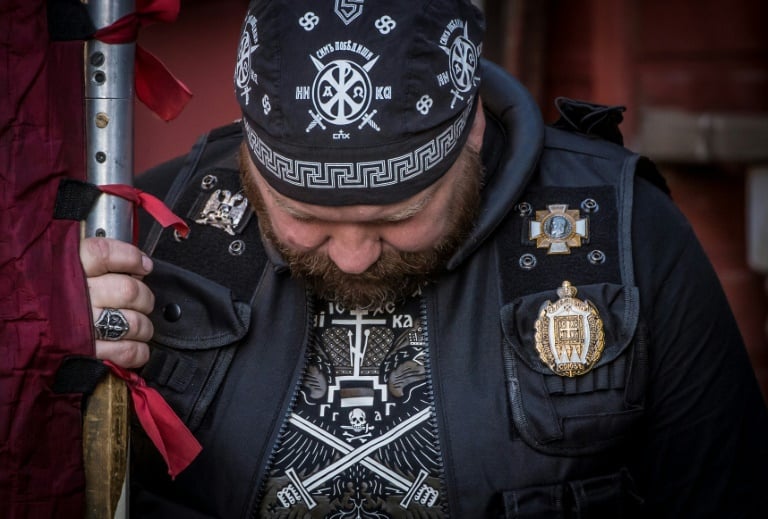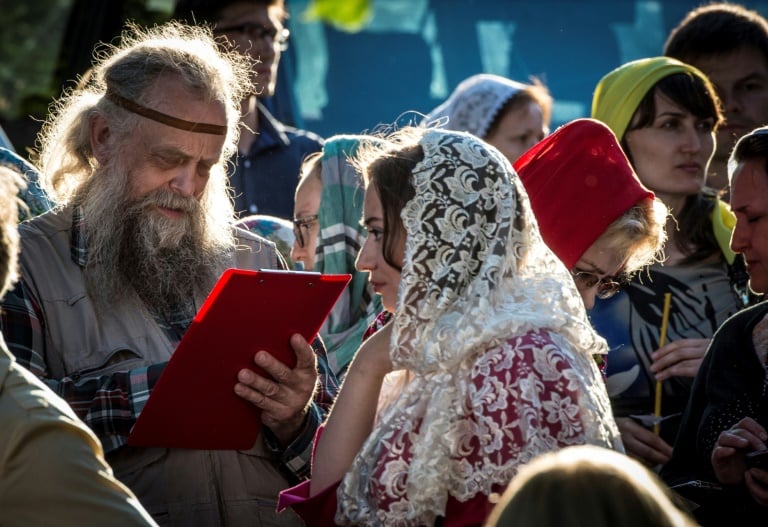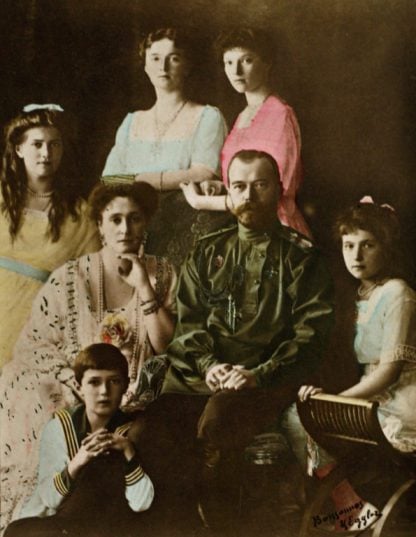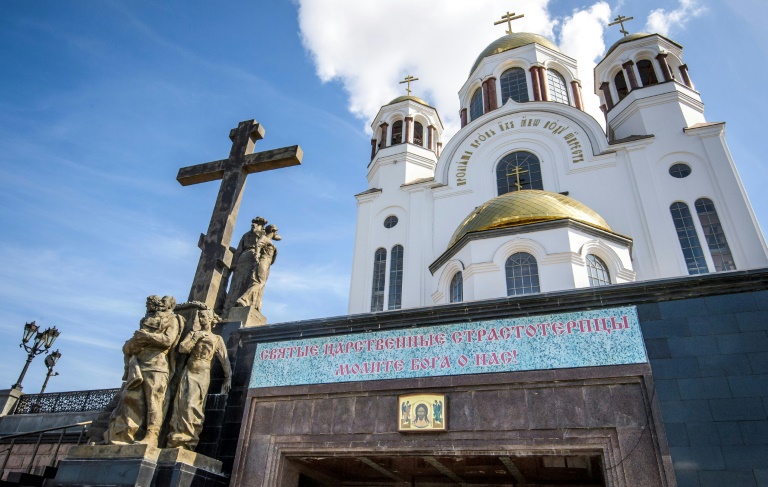How to bridge the 49-day pay gap in December
The religious activists, spearheaded by a pro-Kremlin lawmaker, claimed the film “Matilda” tarnished the image of the last Russian emperor, executed along with his family in 1918 and later declared a saint by the Orthodox Church.
But while their complaints were at first dismissed as the grumblings of a discontented fringe, verbal threats have turned into violence as the film’s release date draws near, sowing terror in Russia’s arts world.
This week — in a grim first for Russia’s modern film industry — the country’s two biggest cinema chains Cinema Park and Formula Kino said they were dropping “Matilda” from their lineup after threats against movie theaters caught sreening the biopic.
The unprecedented decision came after a string of attacks and warnings directed at those connected with the film.
In Saint Petersburg, Molotov cocktails were hurled at the offices of Alexei Uchitel who directed the film, while in Moscow two cars were set alight outside his lawyer’s building.
In the Urals city of Yekaterinburg — where the royal family was killed by firing squad — a man drove a van filled with gas canisters into a movie theatre and set it on fire in an apparent protest against the biopic.
– ‘Stop your provocations’ –

The protest has drawn support from various radical Orthodox movements known for using rather unorthodox methods
Alexander Kalinin, the head of hardline Orthodox group Christian State – Holy Russia, admitted his activists had made threats against the leading cinema chains to get them to can the film.
While Kalinin denied his group was behind the violence, he insisted that those behind the film drop plans to screen it if they wanted attacks to stop.
“I am shouting for the whole country to hear: people, stop your provocations,” he told AFP.
Due out on October 26, the visually luscious, erotically-charged “Matilda” focuses on Nicholas II’s historically-documented relationship with ballerina Mathilde Kschessinska.
It stars German actor Lars Eidinger — who has previously played in steamy arthouse films — as the last tsar.
The attacks on the period drama have shaken Russia’s liberal artistic community, which has long felt itself under the cosh during President Vladimir Putin’s conservative rule.
“We have never seen anything like that before,” film director Pavel Lungin told AFP.

Russian Orthodox protesters sign a petition against the film “Matilda” at the Church of the Resurrection in Moscow
“This is nothing but an Orthodox Taliban.”
The arts have long been seen as one of the last bastions of free speech in Russia where most media have fallen under Kremlin control.
Putin has in recent years played up traditional values in a bid to win backing from everyday Russians and the powerful Orthodox Church.
But critics say the Kremlin’s focus on Christian values has empowered religious hardliners and that they may not be able to control the outcome.
– Terrorising art –
“This is an unprecedented case of a new form of terrorism,” Anton Dolin, editor of Cinema Art magazine, told AFP.

Russia’s last emperor Tsar Nicholas II, who was executed in 1918 with his family, was later declared a saint by the Orthodox Church
Director Alexander Sokurov denounced the hardline activists as “the Russian ISIS,” blaming the authorities for whipping up religious fanaticism.
“We are witnessing a new revolution when the crowds are threatening not only cultural figures,” he told AFP.
“Tomorrow they’ll demand that doctors treat patients in accordance with their rules and not science.”
While the Kremlin has done its best to appeal to conservative sentiments, the surge in radical feeling appears to have raised some concern for the authorities.
“Things are becoming quite unpleasant,” said Putin’s spokesman Dmitry Peskov, insisting that extremism was unacceptable.
Culture Minister Vladimir Medinsky — a conservative known for his deeply nationalist views — went out of his way to defend his decision to approve the film’s release.
“It has nothing that would offend either the memory of Nicholas II or the history of the Russian monarchy,” he said.
Medinsky urged law enforcement agencies to protect the film industry and the state.
– Respect for people’s feelings –

In the Russian city of Yekaterinburg, where a cathedral stands over the spot where Nicholas II was killed, a man drove a van filled with gas canisters into a movie theatre then set it on fire
The Orthodox Church — which condemned the film — has also spoken out against the violence.
But those protesting have not been deterred.
The most high-profile critic is a 37-year-old pro-Kremlin MP, Natalia Poklonskaya.
A former prosecutor from the Moscow-annexed Crimea peninsula, she once raised eyebrows by claiming a bronze bust of Nicholas II miraculously started secreting myrrh.
Poklonskaya has commissioned an expert panel to study the film and asked authorities to probe Uchitel.
And although she too has denounced the attacks, Poklonskaya is not backing down, insisting movie chains should be free to drop the film.
“Cinemas and TV channels which respect people’s feelings… have every right to refuse to show the film,” she said.
Download our app and read this and other great stories on the move. Available for Android and iOS.